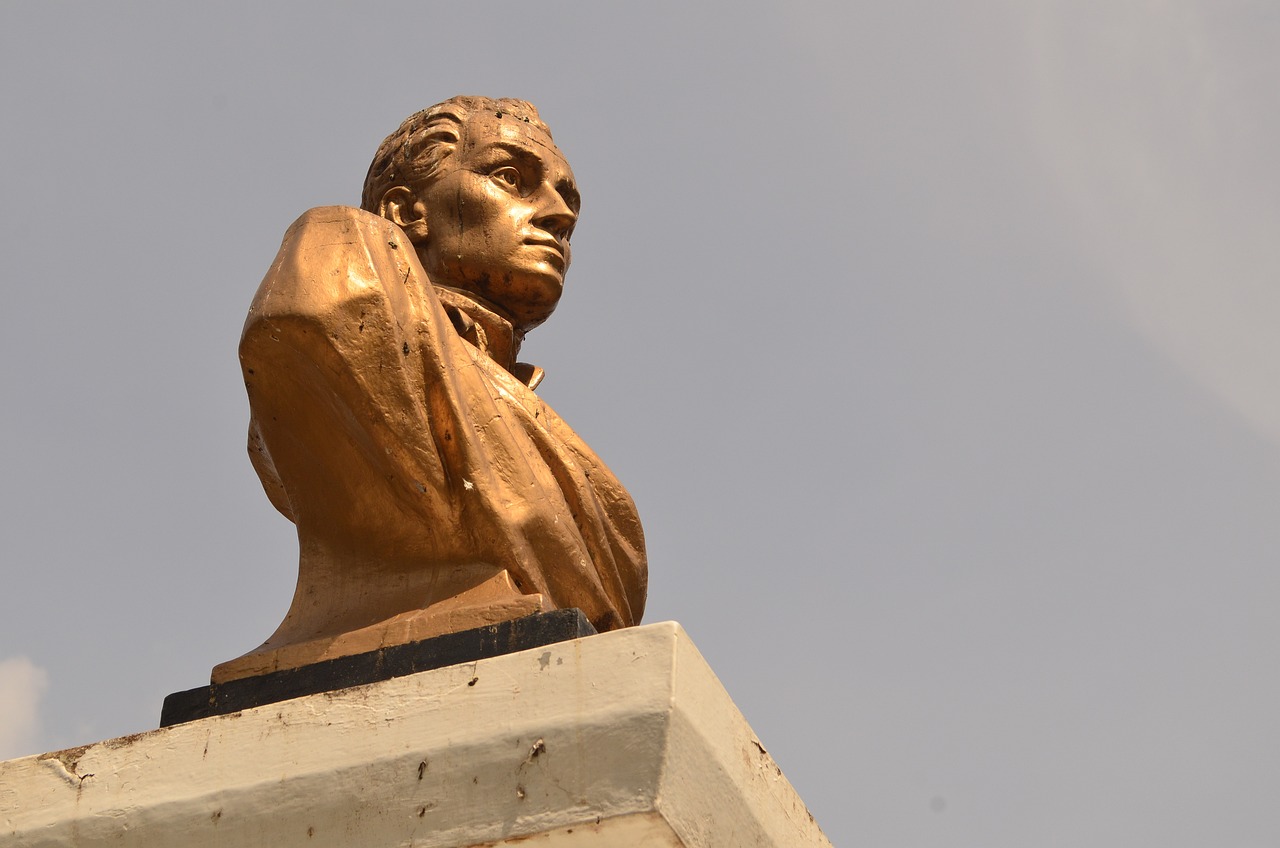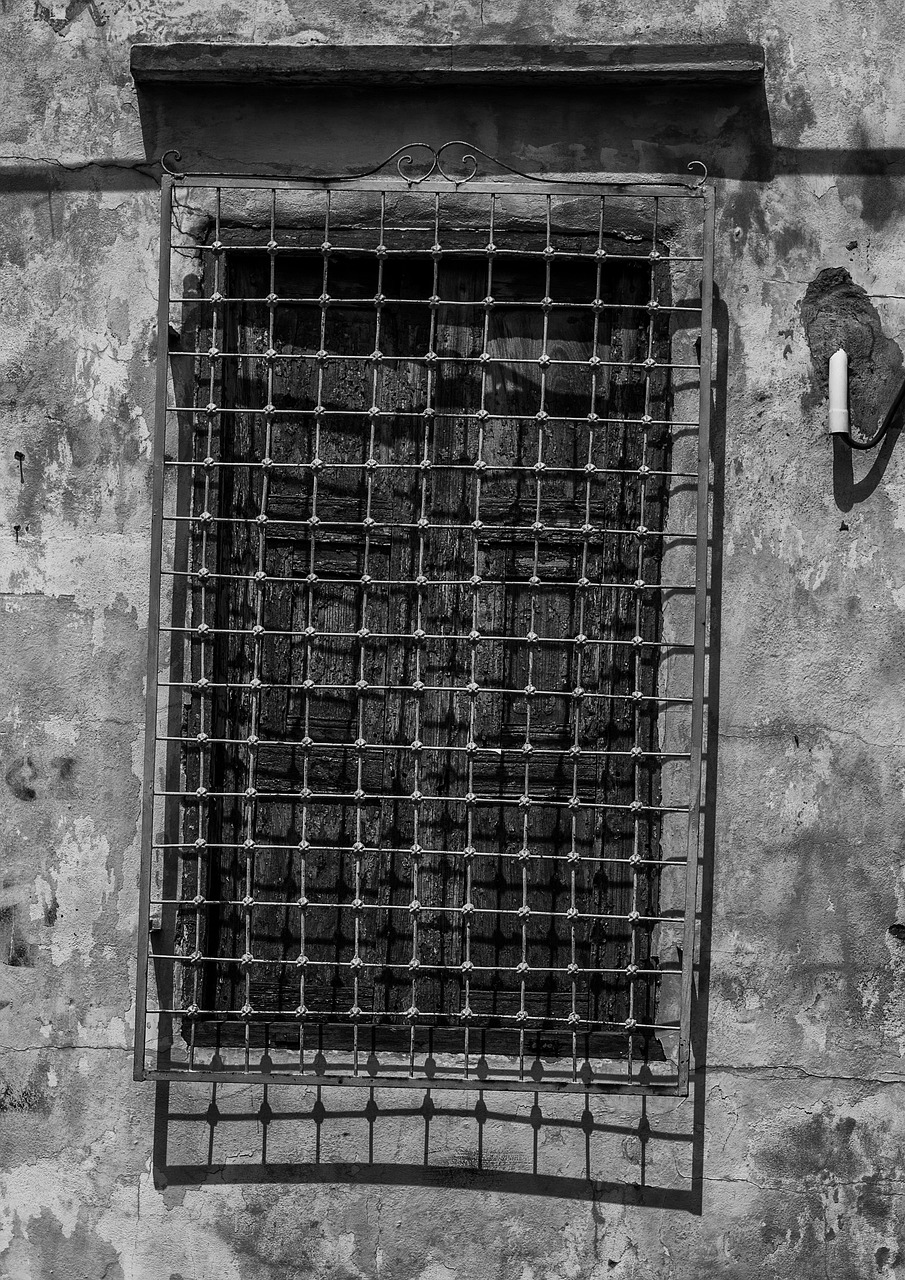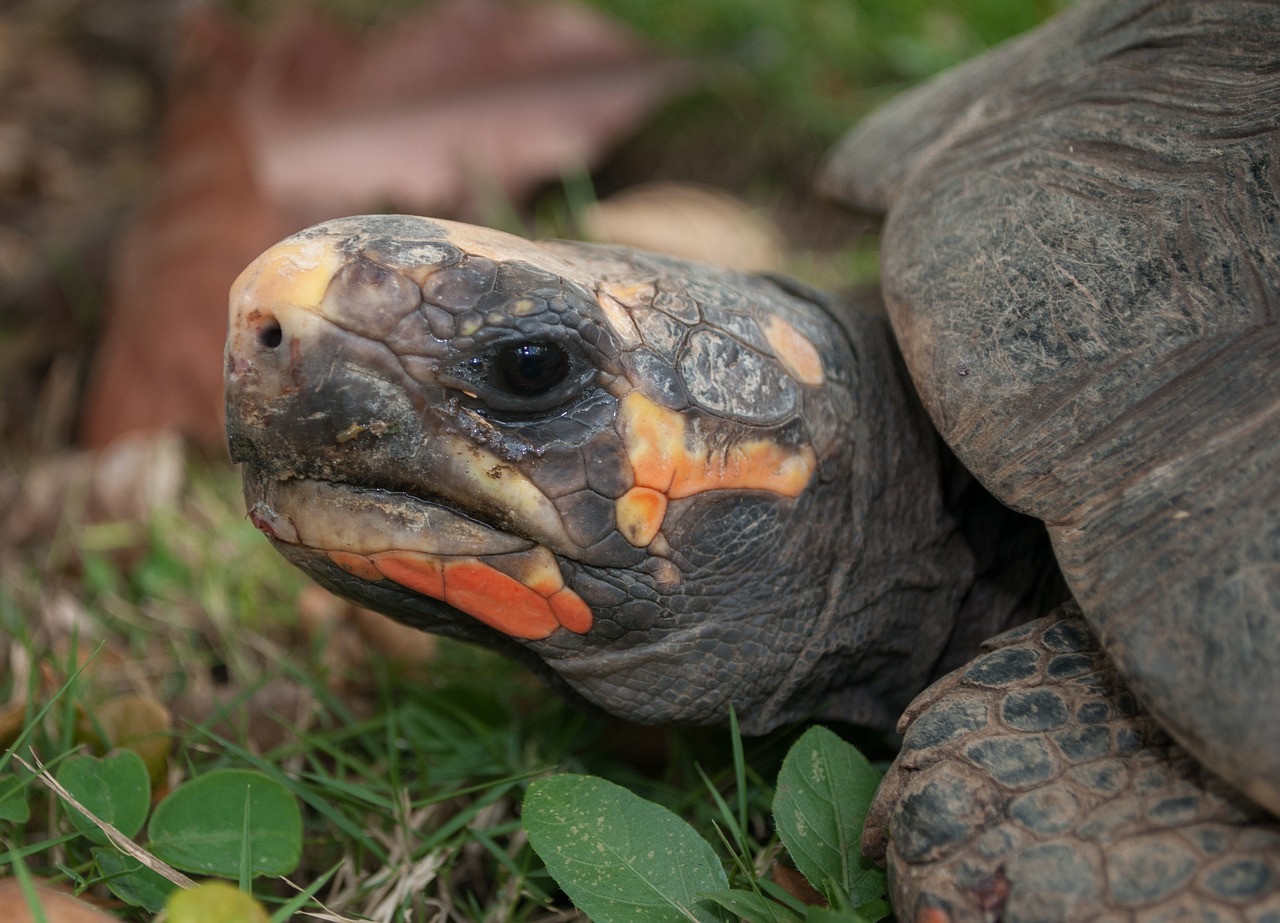Venezuela Video
Local Celebrations and Holidays: What to Expect in Venezuela
Venezuela is a vibrant and diverse country that celebrates a wide range of local celebrations and holidays throughout the year. From religious festivals to cultural events, these festivities offer visitors a unique insight into the rich traditions and customs of the Venezuelan people. In this article, we will explore some of the most significant celebrations and holidays in Venezuela, providing you with valuable information on what to expect and how to make the most of your visit.
Carnival: A Colorful Extravaganza
Carnival is undoubtedly one of the most anticipated and celebrated events in Venezuela. This vibrant festival takes place in February or March, just before the start of Lent. During Carnival, the streets come alive with music, dancing, and elaborate costumes. The celebrations vary across different regions of the country, but the common elements include parades, street parties, and the crowning of the Carnival Queen. Expect to be immersed in a sea of colors, as locals and tourists alike join in the joyful festivities.
- Parades: The highlight of Carnival is the grand parades that take place in major cities such as Caracas, Maracaibo, and La Victoria. These parades feature beautifully decorated floats, dancers, and musicians, creating a spectacle of sound and movement.
- Costumes: Venezuelans take great pride in designing and wearing extravagant costumes during Carnival. These costumes often incorporate feathers, sequins, and bright colors, reflecting the festive spirit of the occasion. Don’t be surprised if you’re encouraged to join in and wear a costume yourself!
- Street Parties: Throughout Carnival, the streets of Venezuela come alive with lively street parties known as “calles de agua” or “water streets.” Participants engage in water fights, spraying water guns and throwing water balloons at each other, providing a refreshing respite from the warm weather.
Christmas: A Festive Season
Christmas is a time of great joy and celebration in Venezuela, with traditions that blend both religious and cultural elements. The festive season starts on December 16th with the tradition of “La Novena,” a series of prayers and carols performed over nine consecutive nights leading up to Christmas Eve.
- Hallacas: Hallacas are a traditional Venezuelan dish that is typically enjoyed during the Christmas season. Similar to tamales, hallacas are made with a corn-based dough filled with a flavorful mixture of meat, olives, raisins, and other ingredients. They are then wrapped in plantain leaves and boiled or steamed.
- Fireworks: Fireworks are a common sight during Christmas in Venezuela. As midnight approaches on Christmas Eve, the sky lights up with colorful displays, creating a magical atmosphere.
- Parrandas: Parrandas are musical and joyful gatherings that take place during the Christmas season. Friends and family go from house to house, singing traditional Venezuelan Christmas songs known as aguinaldos, accompanied by instruments such as the cuatro and maracas.
Easter: Semana Santa
Easter, or Semana Santa, is a significant religious holiday in Venezuela. It commemorates the passion, death, and resurrection of Jesus Christ. During this time, Venezuelans participate in various religious processions and rituals.
- Processions: One of the most significant events during Semana Santa is the procession of the Holy Sepulcher. This solemn procession takes place on Good Friday and involves carrying an image of the crucified Christ through the streets.
- Beaches: Easter is also a popular time for Venezuelans to take a break and head to the beach. Many coastal towns and resorts offer special events and activities during this time, making it a great opportunity to enjoy the sun, sand, and sea.
- Church Services: Throughout Holy Week, churches hold special services and masses, providing a chance for both locals and visitors to participate in religious observances.
Independence Day: Celebrating Freedom
Independence Day, celebrated on July 5th, marks the anniversary of Venezuela’s declaration of independence from Spain in 1811. This national holiday is a time for Venezuelans to reflect on their history and celebrate their freedom.
- Parades and Military Displays: Independence Day is marked by parades and military displays across the country. The main event takes place in Caracas, where the president delivers a speech and military troops showcase their skills and equipment.
- Fireworks: As night falls, the sky is illuminated with dazzling fireworks displays, creating a festive atmosphere throughout the country.
- Cultural Events: Independence Day also includes cultural events such as concerts, art exhibitions, and traditional dances, showcasing the rich cultural heritage of Venezuela.
Venezuela Image 1:

San Juan Bautista Festival: A Vibrant Celebration
The San Juan Bautista Festival, celebrated on June 24th, is a lively and colorful event that combines Catholic traditions with Afro-Caribbean influences. This festival is particularly prominent in the coastal towns of Venezuela.
- Processions and Dances: The festival begins with a procession of the statue of San Juan Bautista, the patron saint of the festival. Participants dress in vibrant costumes and dance to the beat of traditional drums and music.
- Fire Jumping: One of the most unique and thrilling aspects of the festival is the tradition of jumping over bonfires. This act is believed to bring good luck and cleanse the soul.
- Traditional Food: During the San Juan Bautista Festival, you can indulge in traditional Venezuelan dishes such as arepas, empanadas, and seafood specialties.
Venezuela Image 2:

Feria de la Chinita: A Religious Pilgrimage
The Feria de la Chinita, held in November in the city of Maracaibo, is one of the most important religious celebrations in Venezuela. It honors the Virgen de Chiquinquirá, the patron saint of the region.
- Pilgrimage and Processions: The Feria de la Chinita begins with a religious pilgrimage to the Basilica of Our Lady of Chiquinquirá. Thousands of devotees gather to pay homage to the Virgin Mary and take part in processions through the streets of Maracaibo.
- Fairgrounds and Entertainment: The festival features fairgrounds with amusement rides, live music performances, traditional dances, and cultural exhibitions. It is a time for locals and visitors to celebrate and enjoy the festive atmosphere.
- Traditional Food: During the Feria de la Chinita, you can savor traditional Maracaibo cuisine, including dishes like pabellón criollo, mondongo, and dulce de lechosa.
Virgen de la Candelaria: A Sacred Tradition
The Virgen de la Candelaria festival, celebrated in February in the town of Cumaná, pays homage to the Virgin Mary. This religious celebration combines Catholic and indigenous traditions, creating a unique and sacred experience.
- Processions and Dances: The festival begins with a procession carrying the image of the Virgen de la Candelaria through the streets of Cumaná. Participants dressed in traditional costumes dance to the rhythm of drums and maracas.
- Indigenous Ceremonies: The festival includes indigenous ceremonies performed by the local native tribes, showcasing their cultural heritage and spiritual practices.
- Artisanal Crafts and Food: During the Virgen de la Candelaria festival, you can explore a variety of artisanal crafts and taste traditional dishes such as cazón con coco (shark with coconut) and arepas de chicharrón (corn cakes filled with crispy pork).
Venezuela Image 3:

References
– venezuelatuya.com
– theculturetrip.com
– venezuelatradition.com
– venezuelanalysis.com


